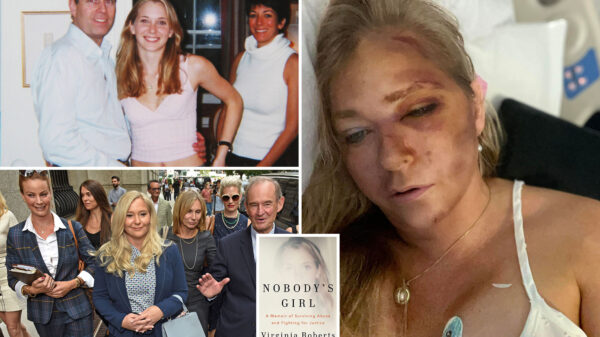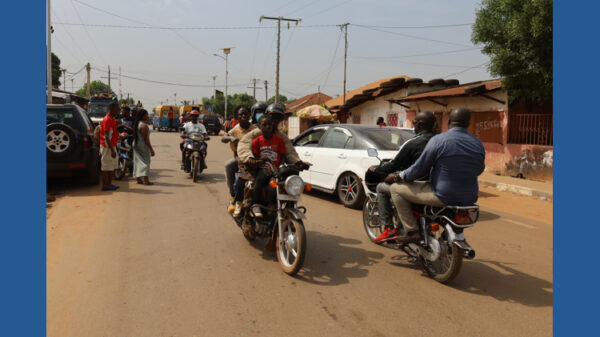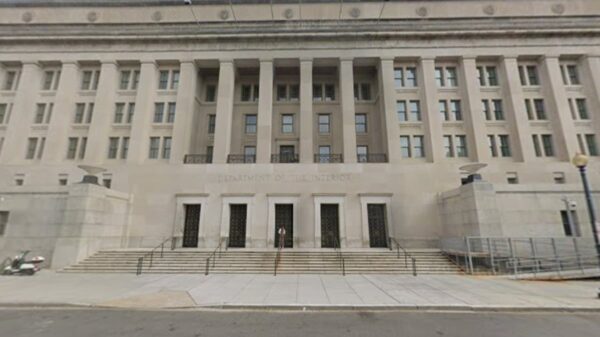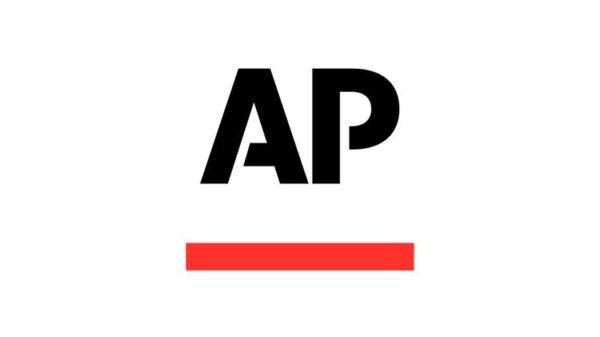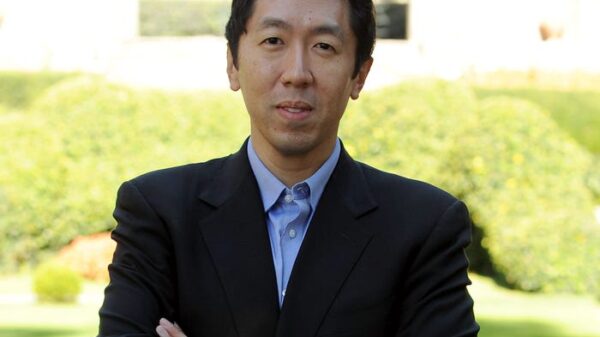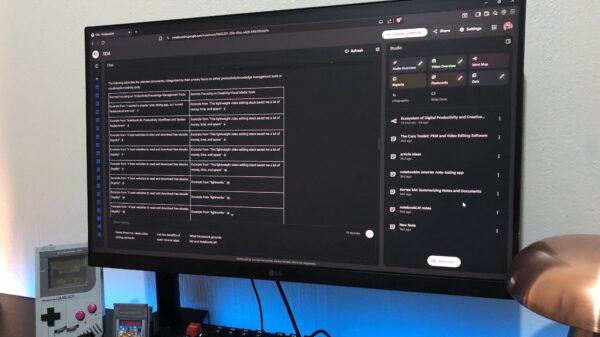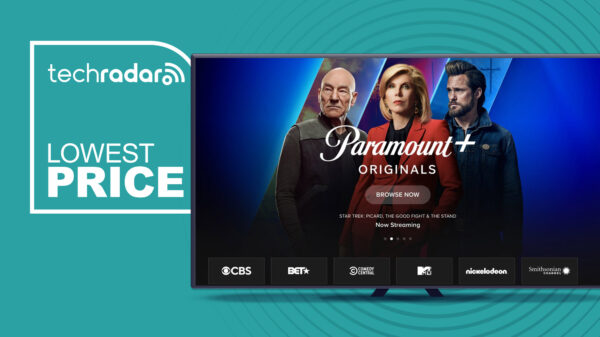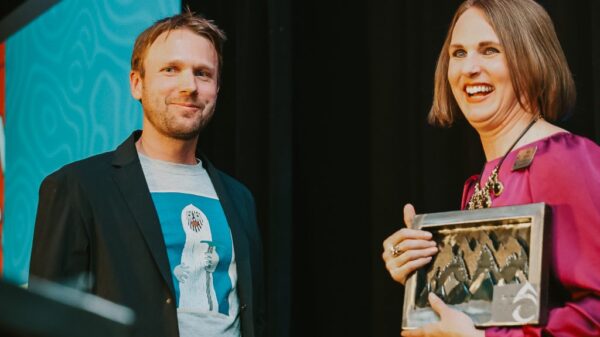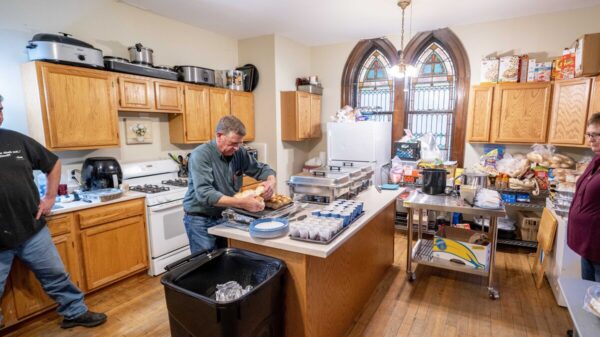UPDATE: New research indicates that women with curly hair, especially those who are Black, face significant bias in the workplace, a topic now sparking urgent discussion following the launch of Priya Anand’s podcast, “We Are Spiraling.” This podcast debuted earlier this month and is already making waves by highlighting the challenges curly-haired professionals encounter daily.
Priya Anand, a former journalist and the show’s creator, shares her own experiences alongside those of notable guests like Florida Congresswoman Debbie Wasserman Schultz. In a recent episode, Wasserman Schultz revealed the constant pressure she’s faced to straighten her hair throughout her political career. This revelation has resonated with many listeners, amplifying the conversation about appearance-based bias in professional settings.
Anand explains why this issue matters now more than ever. “In high school, I was told I’d look better if I straightened my hair,” she stated, reflecting a common struggle among curly-haired individuals. “Over time, I learned to ignore the noise and embrace my natural curls, but not everyone feels empowered to do the same.” Her personal journey is echoed by many, as research shows that women with curly hair often feel compelled to hide their natural texture to fit professional norms.
The CROWN Act, established in 2019, aims to combat this discrimination by prohibiting race-based hair bias, yet the struggle persists. Anand’s podcast seeks to shed light on these ongoing challenges, encouraging women to share their stories. “If you’re a curly-haired professional, we want to hear from you,” urges Business Insider, inviting submissions on how hair texture has impacted careers.
As conversations around diversity and representation evolve, the urgency to address appearance-based discrimination grows. Anand’s podcast not only raises awareness but also empowers individuals to embrace their natural selves. This critical dialogue is gaining traction, and with each episode, more voices are being heard.
This evolving narrative underscores a vital societal issue, making it essential for organizations and individuals alike to engage in discussions about appearance and professionalism. The impact of such biases can be profound, affecting career trajectories and self-esteem.
Stay tuned for further updates as this discussion develops, and consider sharing your experiences to contribute to this important conversation.









